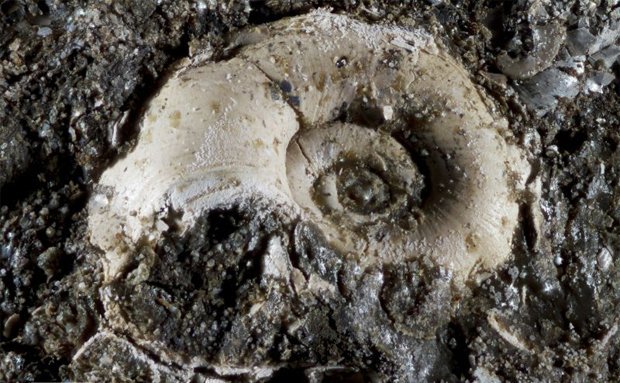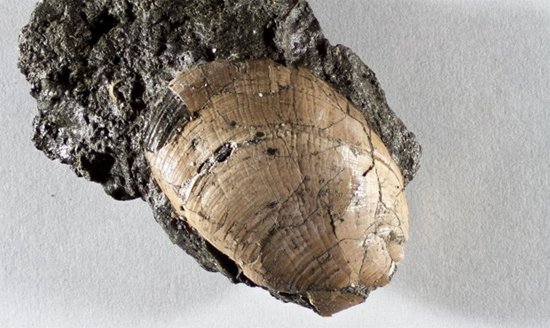Fossils discovered at Brisbane worksite

FOSSILS FOUND BY WORKERS upgrading a level crossing in Brisbane have been revealed as the remains of ancient plant and animals that may be 50 million years old.
The builders made the discovery around 15m below street level, during excavation works last month near the Geebung Railway Station in Brisbane’s northern suburbs. The remains of ancient crocodiles, fish, freshwater molluscs and plants are contained within a layer of shale oil.
Professor Suzanne Miller at the Queensland Museum estimates the site is around 50-57 million years old, based on the surrounding geology. She says the site is unique because of the incredible variety of animals, plants and pollen in the rock.
“Clearly these animals co-existed at this time in history… so it gives us a snapshot in time, not just of individual animals but of the whole ecosystem,” says Suzanne, adding that the museum expects to uncover “significant finds” upon examination of the fossils.
Ancient remains uncovered in Queensland
The site is also unique because of how old it is. “It is particularly significant because very few sites of this age are available for study here,” she told Australian Geographic. “Similar-aged sites in the greater Brisbane area are often no longer accessible due to housing and urban development.”
Suzanne says almost every rock overturned in the spoil heap contained a fossil of some kind, bearing “a great variety of material, and beautifully preserved… It was really just a matter of luck. We would’ve never known about the site if they hadn’t been doing the drilling.”
Queensland transport minister Scott Emerson, who has been overseeing the construction works, says project engineers are now working with the University of Queensland and Queensland Museum to safeguard further fossils as the digging continues.
The museum plans to establish a community program, aiming to sort through the fossils with the help of school groups and volunteers.

Fossil of a mollusc uncovered at the worksite. (Credit: Queensland Museum)
RELATED STORIES

